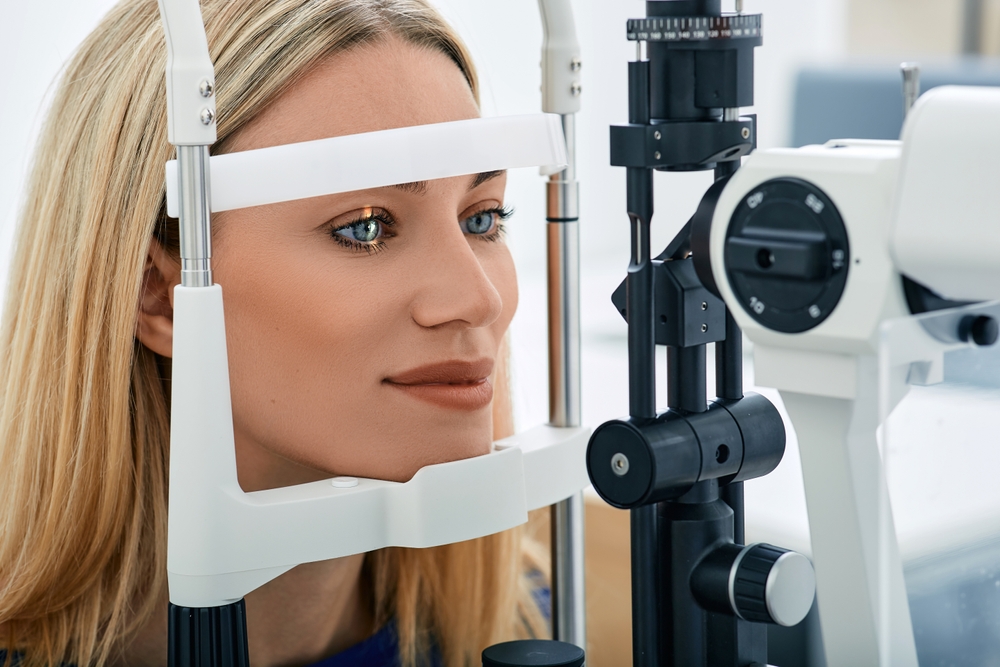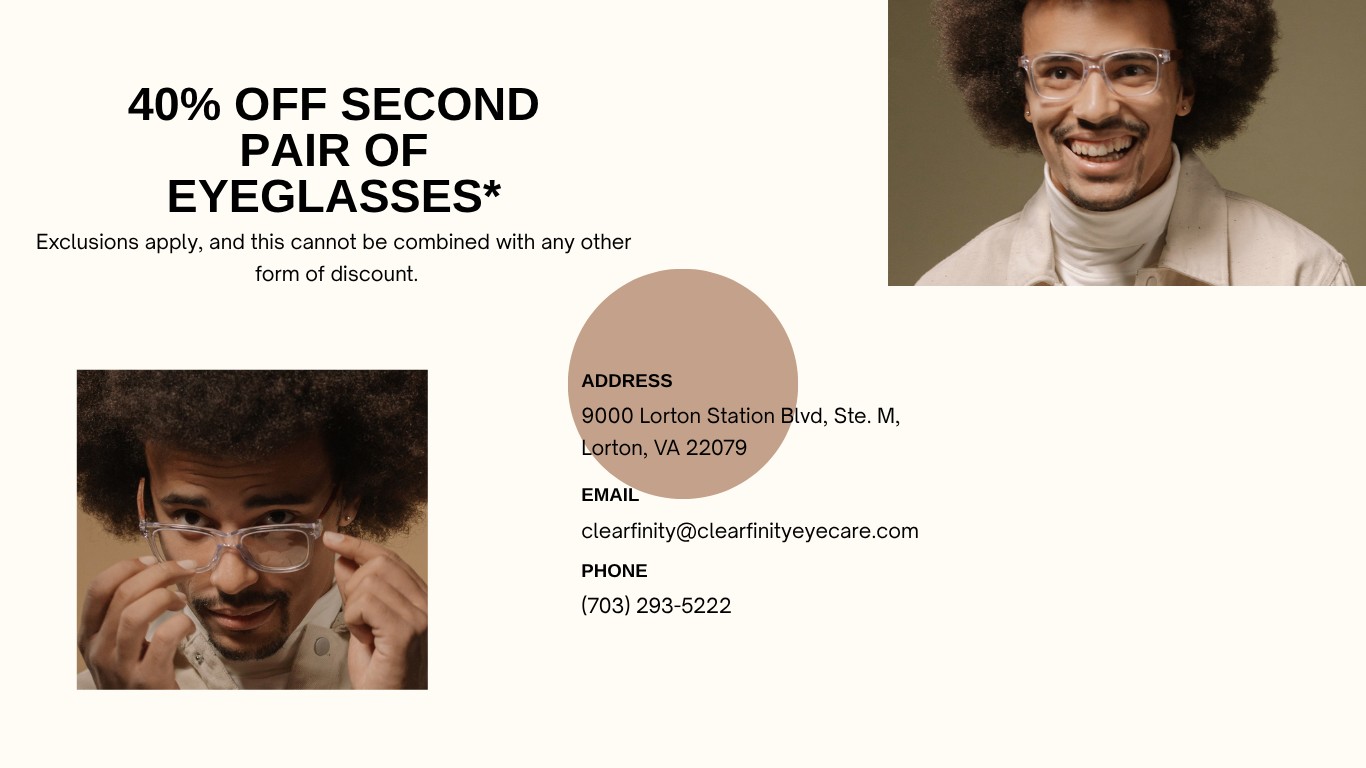
Routine eye exams are crucial for maintain overall eye health. These exams go beyond checking vision; they help detect early signs of eye conditions and diseases. Prioritizing routine eye check-ups is key to preventing potential problems and ensuring optimal vision.
The Importance of Routine Eye Exams
Routine eye exams form the cornerstone of eye health and wellness. These comprehensive assessments evaluate not only your visual acuity but also the overall health of your eyes. They are the best way to detect early signs of eye diseases, many of which do not exhibit symptoms until they have caused significant damage.
Routine eye exams are essential for everyone, regardless of age or visual acuity. They are particularly important for children, as vision problems can hinder their academic progress. They are also crucial for aging adults, as the risk of developing eye diseases increases with age.
Common Conditions Detected Through Routine Eye Exams
Routine eye exams can detect a variety of conditions, ranging from refractive errors to serious eye diseases. Refractive errors, including nearsightedness, farsightedness, and astigmatism, are the most common eye conditions. They occur when the eye cannot clearly focus the images from the outside world, leading to blurred vision. Regular eye exams ensure that these conditions are corrected promptly, improving our quality of life.
More serious conditions that can be detected through routine eye exams include glaucoma, cataracts, diabetic retinopathy, and age-related macular degeneration. These diseases can cause significant vision loss and even blindness if not detected and treated early. By identifying these conditions in their early stages, routine eye exams can help preserve our sight and enhance our overall wellness.
Additionally, eye exams can also reveal signs of systemic diseases like diabetes and hypertension. Changes in the blood vessels of the retina can indicate these conditions, allowing for early intervention and management. This underscores the comprehensive nature of eye exams and their role in maintaining not just our eye health, but our overall health.
The Role of an Optometrist in Maintaining Eye Health
An optometrist plays a pivotal role in maintaining our eye health and wellness. They are primary health care professionals trained to examine, diagnose, treat, and manage diseases and disorders of the visual system. By performing thorough eye exams, an optometrist ensures that our eyes are functioning optimally and that any potential issues are addressed promptly.
An optometrist's role extends beyond prescribing corrective lenses. They provide advice on eye care, including dietary habits, lifestyle modifications, and protective eyewear. They also play a crucial role in patient education, helping us understand the significance of eye health and the measures we can take to preserve it.
Prioritizing Eye Health for Overall Wellness
An optometrist plays a key role in this process, providing thorough examinations, appropriate interventions, and invaluable advice on eye care. Through early detection and intervention, routine eye exams can prevent or slow down the progression of vision loss, preserving our sight and enhancing our quality of life.
By prioritizing your eye health, you are investing in your overall wellness. Schedule your next eye exam today, visit Clearfinity Eyecare Optometrist at our office in Lorton, Virginia. We provide quality eye care services and products for the entire family. Please call or text (703) 260-9908 to book an appointment today.











